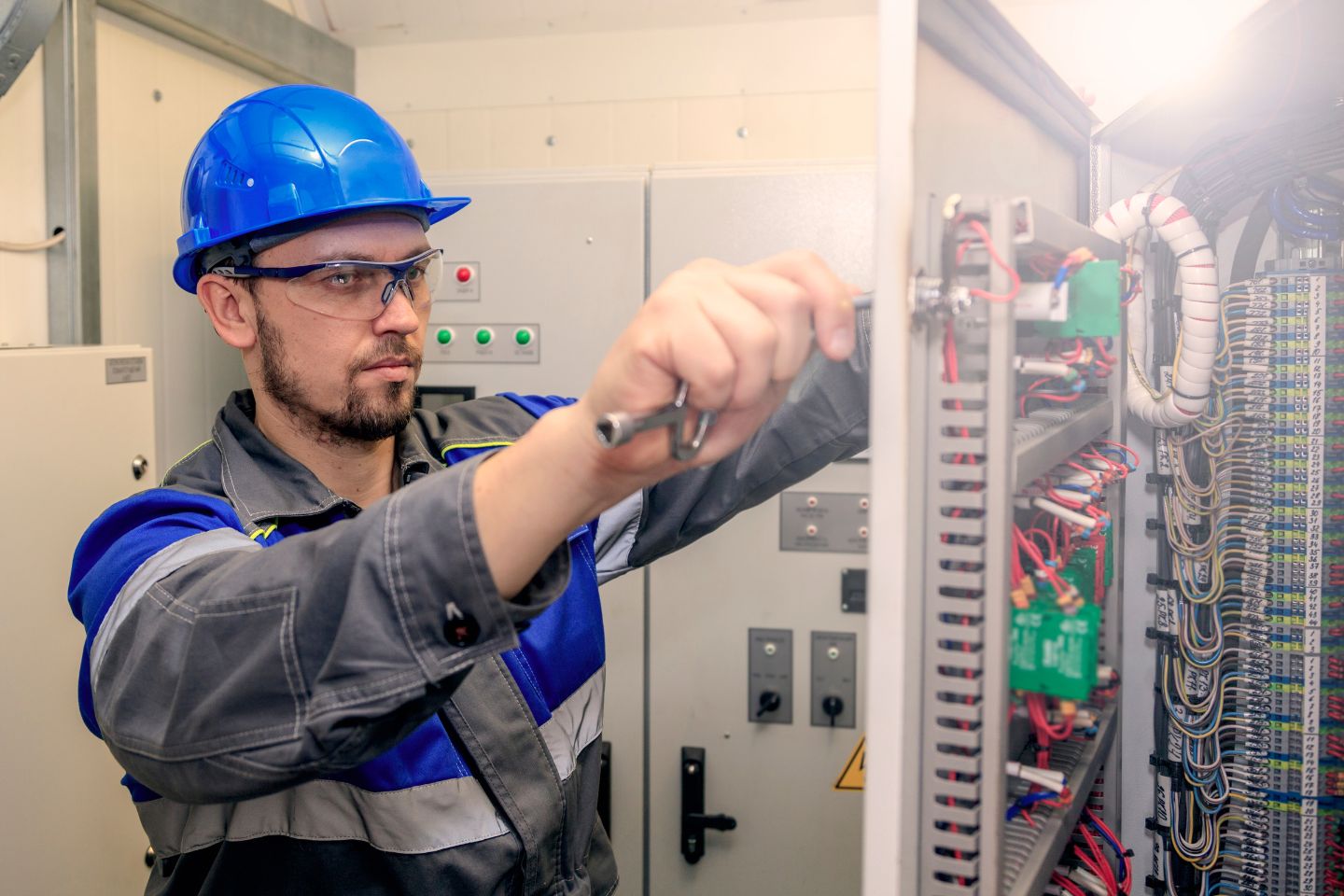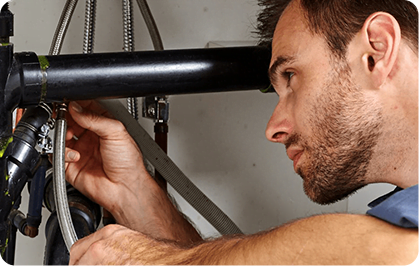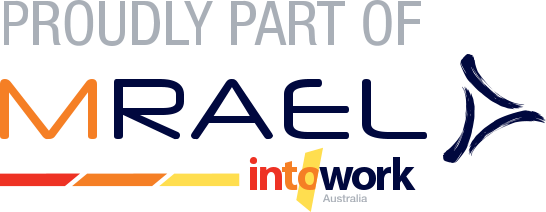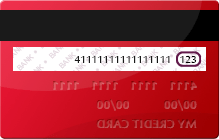Short Courses
Short courses enrich your skillset and can provide specialised skills for your industry.
We offer specialised industry short courses in Automotive, Business and WHS, Construction, Carpentry and Joinery, Cookery and Hospitality, Electrotechology, Engineering and Plumbing.
Our trainers are experts in their respective fields and equip you with industry knowledge to help you improve your working capabilities.
If you’re ready to get upskilled and expand your knowledge, get in touch today to find out how.

Choose a short course

The Basic Open Cabler Registration Skill Set is for new or existing workers in the telecommunications industry who wish to be employed as open registered cablers (Telecommunication Technician) in accordance with ACMA requirements.

The Food Safety Supervision Skill Set is a course for new or existing workers in the hospitality industry who wish to gain skills in hygienic practices and handling food safely.

The Qualified Technical Person (QTP) and Qualified Business Person (QBP) short courses are designed for individuals who are needing to obtain their Electrical Contractors Licence in Queensland. These short courses are for individuals planning on contracting in Queensland, or are needing to renew their licence, and covers the Electrical Safety Office (ESO) requirements.

The Qualified Technical Person (QTP) short course covers the knowledge and skills to follow work health and safety requirements when preparing for, conducting and reporting findings of a compliance inspection.

The Qualified Business Person (QBP) short course covers the knowledge and skills to follow and comply with work health and safety regulations and codes of practices, legal requirements and industry standards within the Electrotechnology industry.

This Skill Set is designed for those individuals wishing to undertake the testing, tagging and reporting of portable/handheld low voltage (LV) electrical equipment using a portable appliance tester (PAT).

A Restricted Electrical Licence authorises the holder to perform electrical work of a particular type stated on their licence. This licence limits an individual to specific electrical work associated with work from another trade or calling.

The knowledge and skills of many overseas workers can be very high, but there are differences in the way the technical expertise needs to be applied in Australia. The Course in Electrician – Minimum Australian Context Gap (MACG) provides the Australian Context Gap training to holders of an Offshore Technical Skills Record (OTSR) and seeking to work in Australia, and is required to be completed before an Electrotechnology Electrician qualification can be granted by a Registered Training Organisation (RTO) and occupational licence issued.
Explore other industries
Want to know more?
please complete the form below and a team member will be in contact







